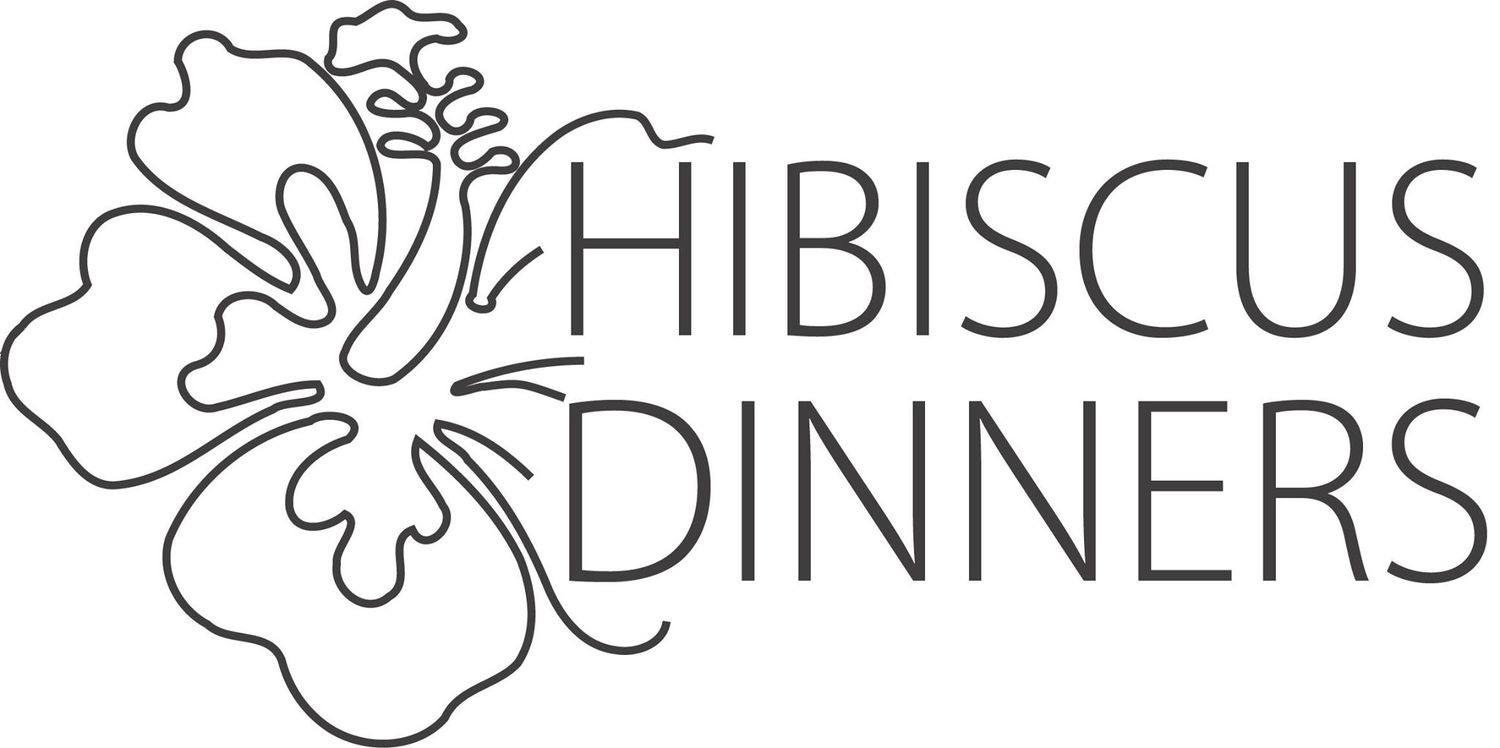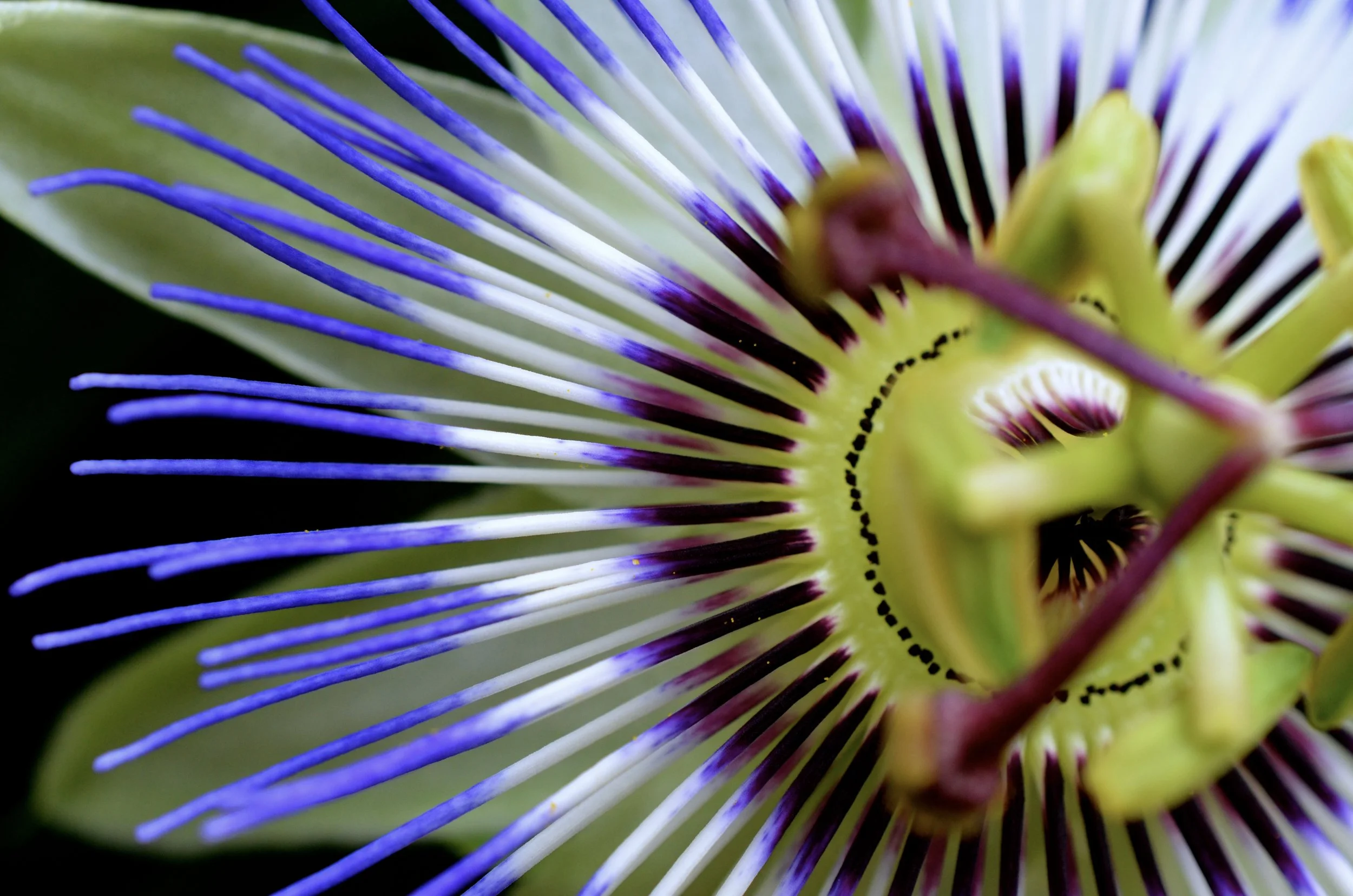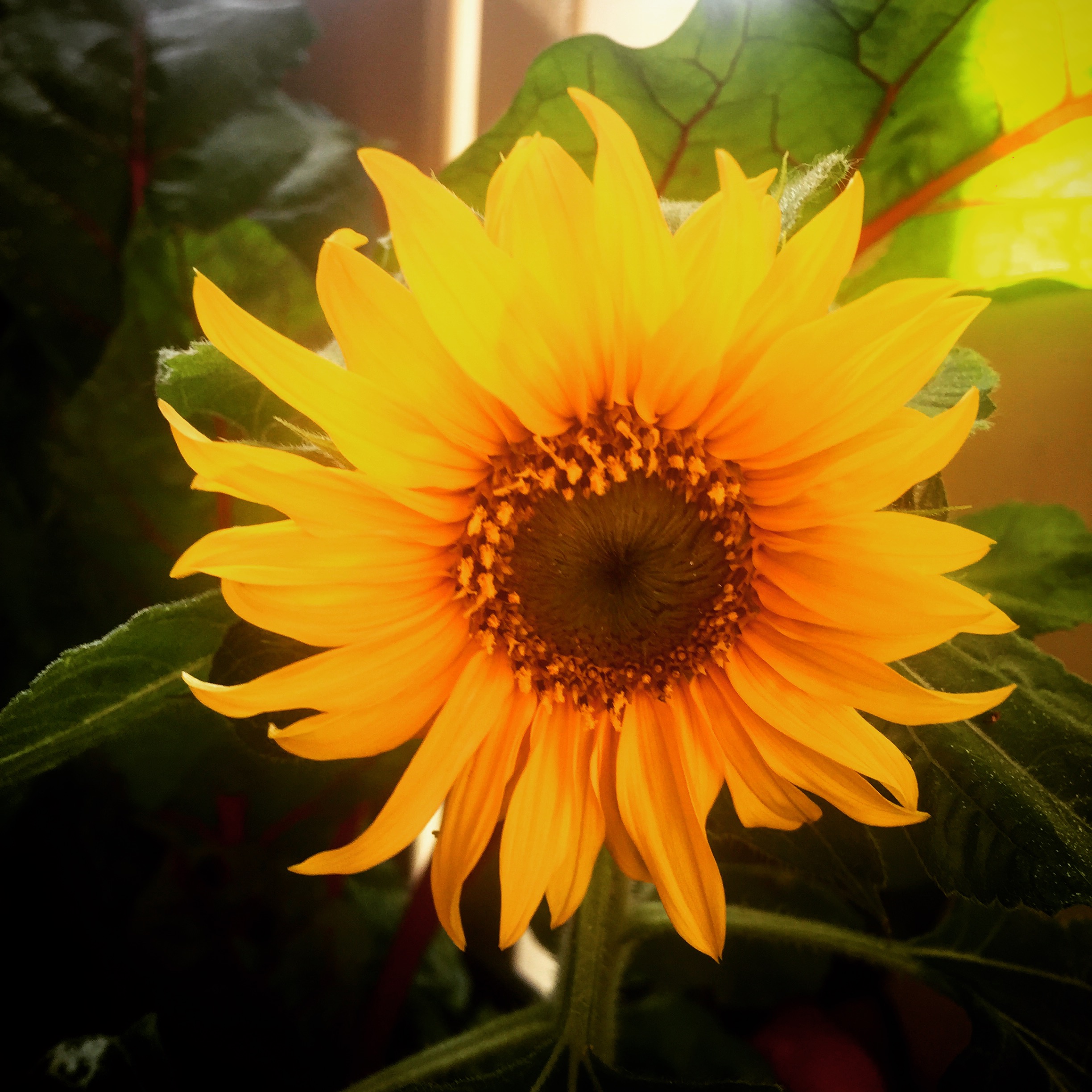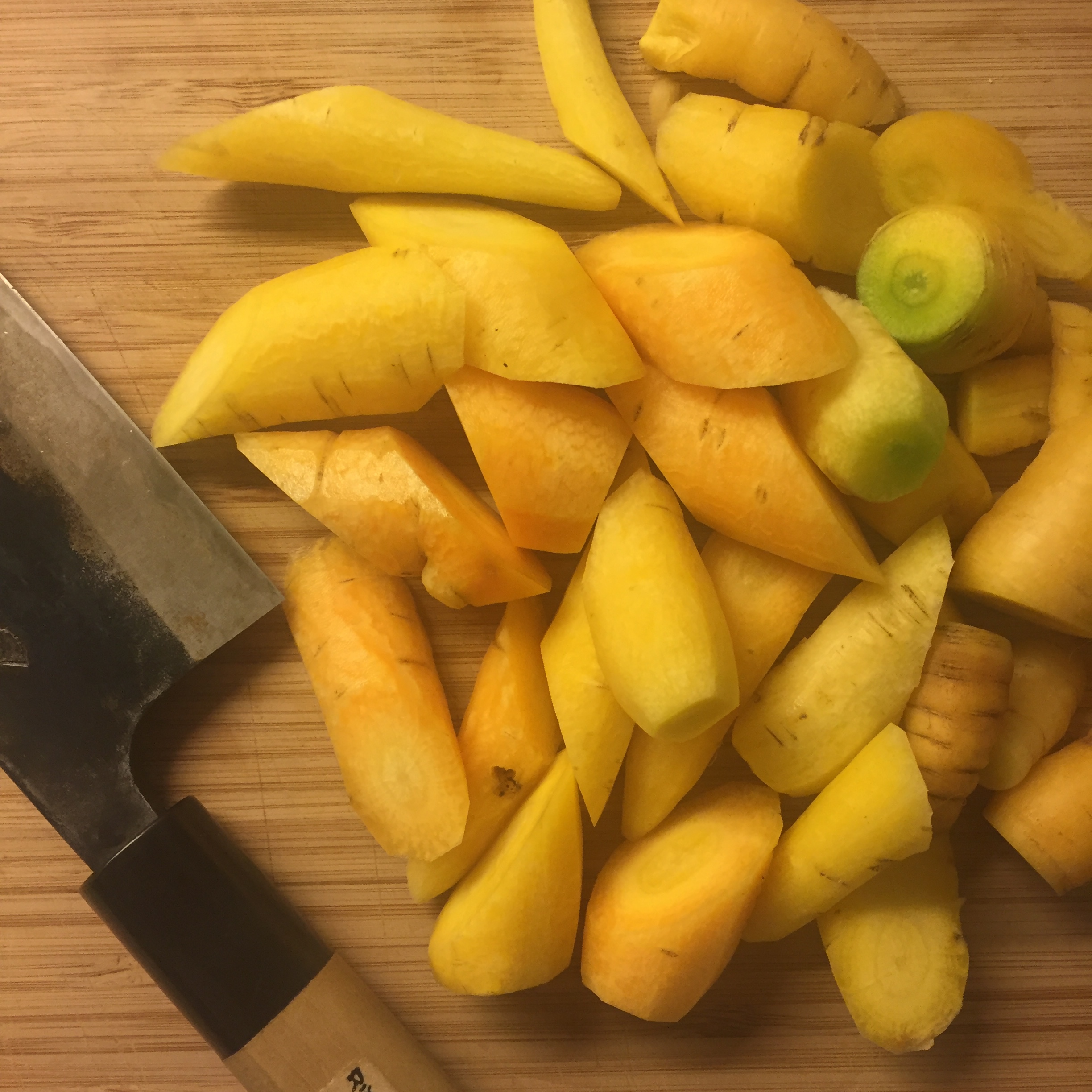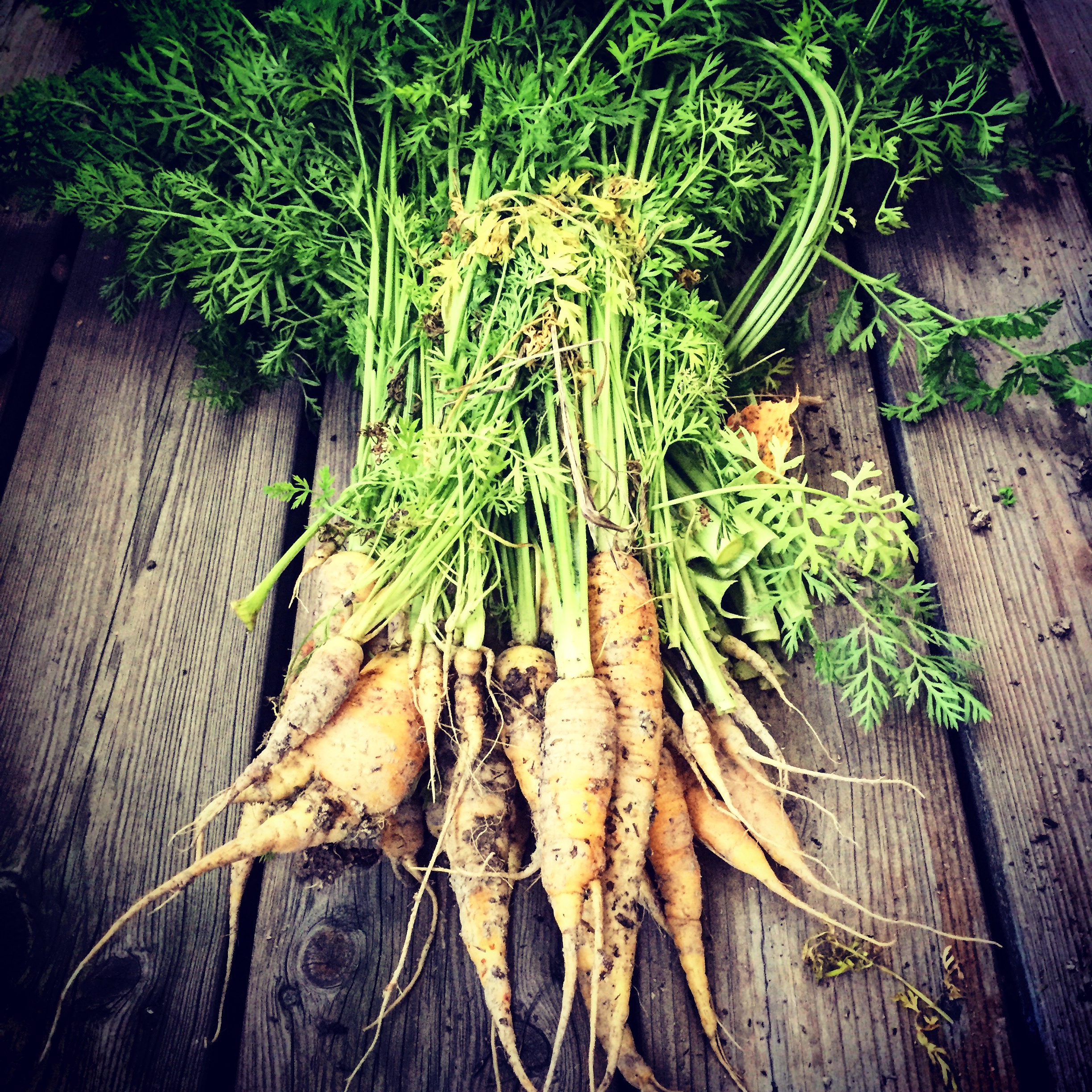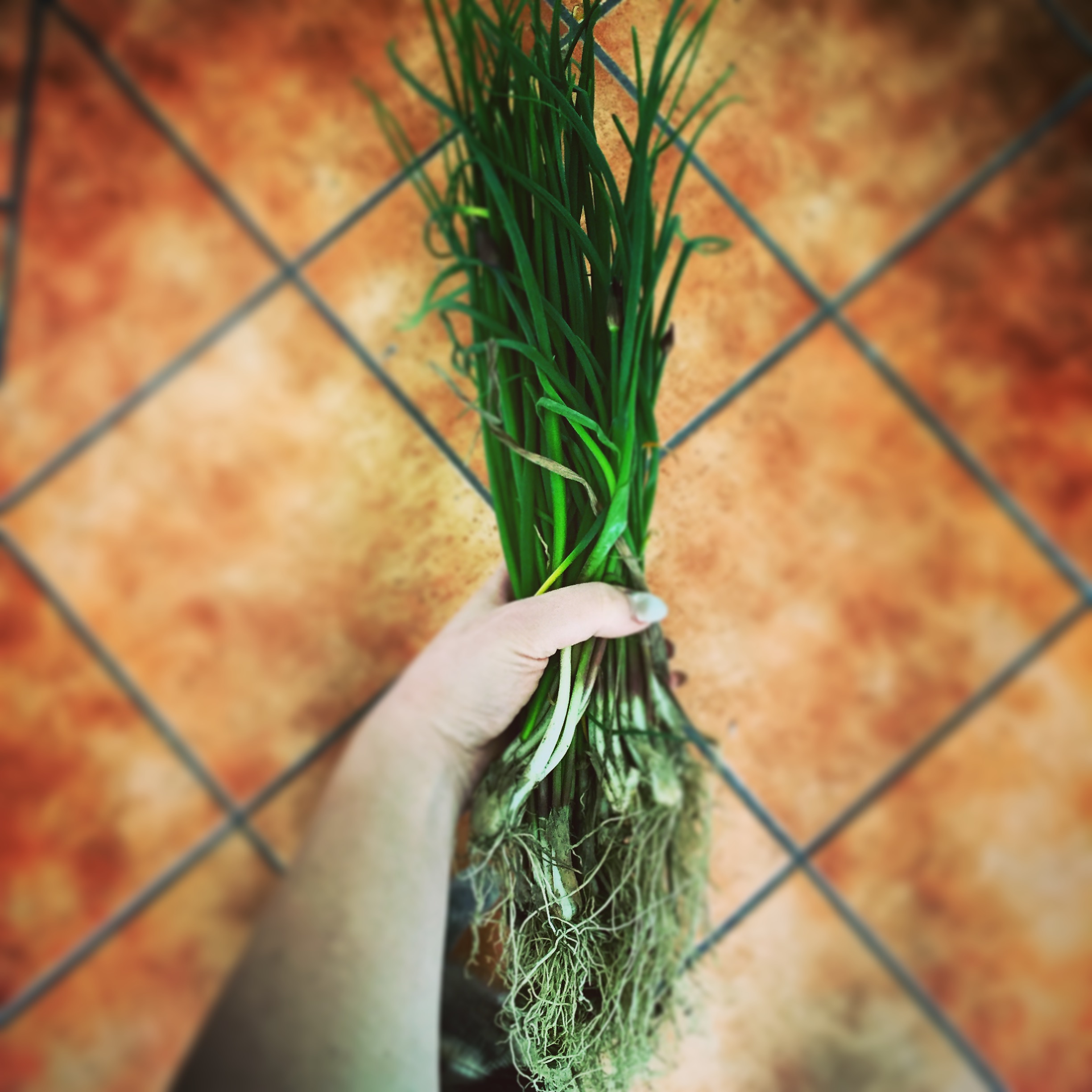For the last 11 years, Oslo is hosting the Oslo Innovation week featuring a wide range of subjects, from high-tech to digital transition.
This year, I was especially interested in an event hosted by Arena Innlandet talking about the sustainability of food production in Norway: Food 4.0 – Sustainable or not? In order to talk about this topic, they gathered people from different backgrounds: recycling company, cooperative leaders and Innovation Norway speakers.
Through the event, the issue of sustainability in our modern world has been explained and solutions have been given. Reaching sustainability is a complex issue in a world where profits and globalization are the focus.
In Norway, a tradition of cooperative farming, clean energy, and good recycling habits have set the perfect base for a sustainable food industry. To develop such economy, you need to keep several key points in mind: being Fair, Attrack positive storytelling, Innovate and Respect (both your customers and partners)=FAIR. These points were explained by Ragnhild Nilsen, leader of Nortura and founder of the Global Fair Trade. How inspiring it was to listen to her passionate speech. How many times do you wonder where your clothes were made or where your food is coming from?
A sustainable food business comes with the respect of our land, our cattle, our consumers and our planet. Developing such business, and more specifically in the food industry, is more expensive than having a classic company. It requires more work because you take in consideration all the modern issues: environment, fair-trade, fair-wage, animal welfare…etc.
If it is a complex issue, it is still something reachable. In the food industry, it starts at the local scale: developing organic farming, cooperative farming, using less pesticides and antibiotics. By the way, did you Norway is the country using the least pesticides and antibiotics in the world? It is interesting to see that the Norwegian agriculture developed through the years cattle and grains that adapted perfectly to the harsh Norwegian climate to reach a great balance between efficiency and sustainability.
As a chef, this subject is important in my life both private and professional. At Hibiscus Dinners we try as much as possible to buy local organic ingredients directly from farmers. It is a complicated process in a country where most of the farmers are used to dealing with the wholesalers. Every step counts, there are no small actions! Working with seasonal and local ingredients if the first step of a sustainable diet.
Support your local farmers, stores, and farmer's market. A lot of farms around Oslo offer self picking or farm's market, I invite you to check them out.
Here are some links to help you support your local producers: Kooperativet Oslo, Linnestad Gård, Bergsmyrene Gård, Annis Pølsemakeri, Fishermen in Aker Brygge, Bondens Marked.
Check the providers we are working with: Our products.
